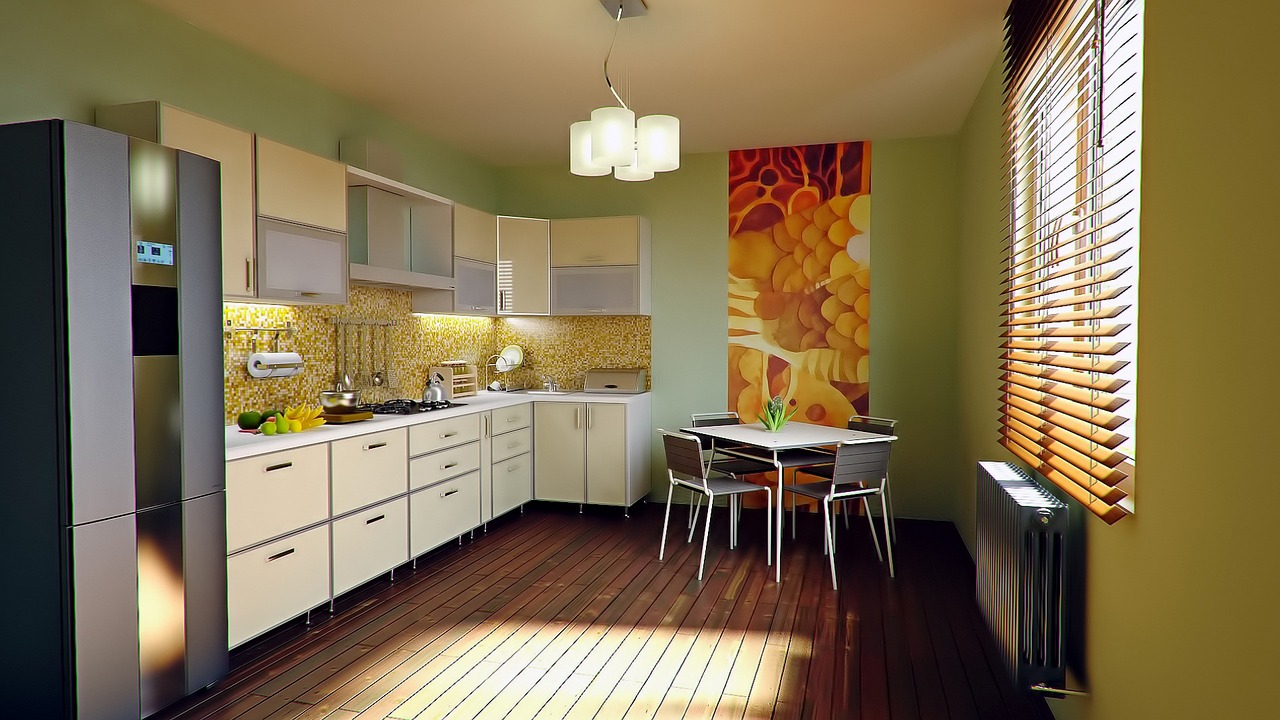
The year saw notable disparities in property prices.Continue reading

Last year, the price of apartments increased by 7.8 percent nationwide, while in Budapest the average price per square meter was 1.16 million forints, an even more significant increase of 11.8 percent, according to the December housing price index of Ingatlan.com.
They stressed that at the national level, the price of residential properties for sale rose by an average of 0.8 percent in December compared to November, and the year-on-year increase was 7.8 percent. In Budapest, prices rose 2.4 percent month-on-month in December, while compared to a year earlier, prices are up 11.8 percent.
The recovery in the national housing market is illustrated by the fact that the annual rate of increase of around eight percent last year is nearly three times the 2.7 percent increase in 2023.
Outside Budapest, residential properties for sale in and around Debrecen (northern Hungary) and Szeged (southern Hungary) have seen significant price increases. It is also worth mentioning that in these two cities, huge investments are underway. Chinese automotive company BYD is building its first European factory in Szeged. In Debrecen, another Chinese company, CATL, is building a battery factory, and German automotive giant BMW is also constructing its plant there.
In the capital, average prices per square meter are already at HUF 1.16 million (EUR 2,805), with the average for a second-hand residential property at HUF 1.12 million (EUR 2,709) and for a new residential property at HUF 1.4 million (EUR 3,386).
According to László Balogh, chief economist at Ingatlan.com, the market has already priced in the expected pick-up in demand in the coming period, which is expected to come from investment buyers. Therefore, the pace of price increases may slow down in the short term. Housing price appreciation in 2025 could also vary by area and property type, as most investors are looking for the best properties in the most sought-after locations, he added.

The 5th district in the city center is the most expensive regarding real estate prices. In this district, you can find many tourist sights, such as the St. Stephen Basilica depicted in the middle. Photo: Pixabay
As data from Ingatlan.com shows, the cheapest district is the 20th, and the most expensive is the 5th in terms of second-hand residential properties for sale in Budapest.
The differences are also significant for newly built apartments in the capital, with the 12th district being the most expensive, with an average price of HUF 2.9 million (EUR 7,013) per square meter.
In contrast, the lowest prices are in the 18th and 20th districts, with the average price per square meter of new apartments in both districts below HUF 1 million (EUR 2,418).
Regarding the countryside, Debrecen, Győr, Veszprém, Szeged, and Székesfehérvár lead the field for second-hand residential property with prices ranging from HUF 783,000-892,000 (EUR 1,893-2,156) per square meter. At the other end of the scale is Salgótarján (in the northern part of Hungary, where many areas are economically lagging behind) with an average price of HUF 285,000 (EUR 689) per square meter. For new housing, the ranking is different for the county seats, with Szeged being the most expensive at HUF 1.14 million per square meter (EUR 2,756). At the same time, Szekszárd, Miskolc, and Békéscsaba are among the cheapest, with newly built homes priced from HUF 656,000-682,000 (EUR 1,586-1,648) per square meter, although supply is tight in these cities.
Meanwhile, according to OTP Ingatlanpont‘s forecast, the momentum of the real estate market in the past year is not expected to be broken in 2025; the number of transactions may rise by 15-20 percent, while prices may rise by an average of over 10 percent in the coming year.
The analysts expect that many new buyers could enter the market in 2025, which could push up prices further, encouraging more sellers to put their properties on the market.
The statement stresses that a number of factors could further stimulate supply and demand in the real estate market this year, such as state subsidies, preferential loan schemes, and hundreds of billions of forints worth of maturing government bonds, some of which may end up in the real estate market. In the rental market, the restriction of the short-term rental market (Airbnb) could increase supply and reduce rents, they pointed out.
Via MTI, Ingatlan.com; Featured photo via Pixabay